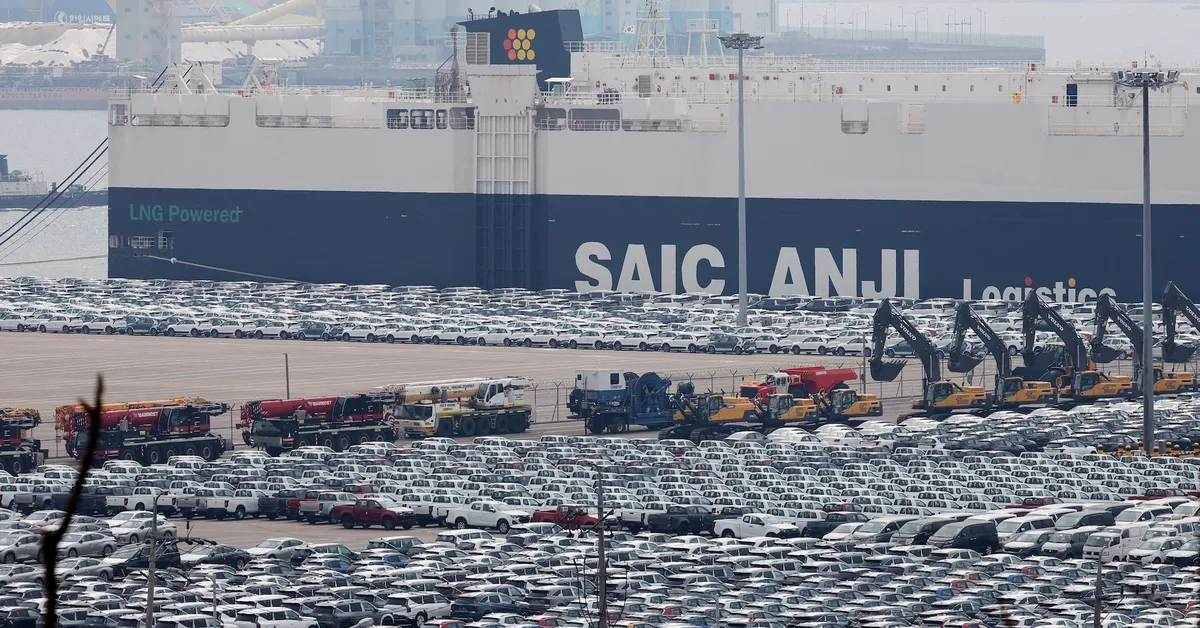
On April 9, 2023, South Korea announced a series of emergency support measures aimed at its struggling auto sector. This initiative comes in response to the recently imposed tariffs by U.S. President Donald Trump, which threaten to significantly impact South Korean automobile exports to the United States. The measures are designed to mitigate the financial strain caused by a 25% tariff on imported cars and light trucks, effective immediately.
The South Korean government has introduced a comprehensive plan that includes financial support for the auto industry, alongside tax cuts and subsidies aimed at stimulating domestic demand. Specifically, the government will lower the automobile purchase tax to 3.5% from the current 5% until June 2025. Additionally, subsidies for electric vehicles (EVs) will be increased to between 30% and 80% of the vehicle's price, a significant rise from the previous range of 20% to 40%. This subsidy extension will also last six months longer, now concluding at the end of this year.
To further bolster the auto industry, the South Korean government plans to raise policy financing support from 13 trillion won (approximately $9.03 billion) to 15 trillion won (around $10.18 billion) by 2025. This increase is aimed at preventing liquidity issues within the sector, which has seen exports to the U.S. reach $34.7 billion in 2024, accounting for nearly 49% of South Korea's total automobile exports.
In addition to financial measures, the South Korean government expressed its commitment to negotiate with the U.S. to ensure that South Korea is not unfairly treated compared to other allies. The government aims to strengthen bilateral cooperation to alleviate the impact of the tariffs. Furthermore, efforts will be made to support South Korean automakers in expanding their export markets, particularly in the Global South—regions in Africa, Latin America, and Asia where demand for vehicles is on the rise.
The announcement of these support measures has been met with cautious optimism from the auto industry. While the support plan is welcomed, industry officials have indicated that further discussions are necessary to explore additional tax benefits that could enhance domestic demand. One anonymous industry official expressed concerns about whether the current measures would be sufficient to counter the impending challenges posed by the tariffs.
Analysts anticipate that Trump's tariffs could create upward pressure on input costs for vehicles, particularly affecting the electric vehicle supply chain, which relies heavily on parts from China. As the auto sector grapples with these challenges, South Korean manufacturers, including Hyundai Motor, have stated there are no immediate plans to raise vehicle prices in the U.S., which remains their largest market.
In conclusion, South Korea's proactive measures to support its auto sector amidst U.S. tariffs reflect a strategic response to safeguard its economic interests. The government's commitment to negotiate and expand markets will be crucial as the industry navigates this complex landscape.